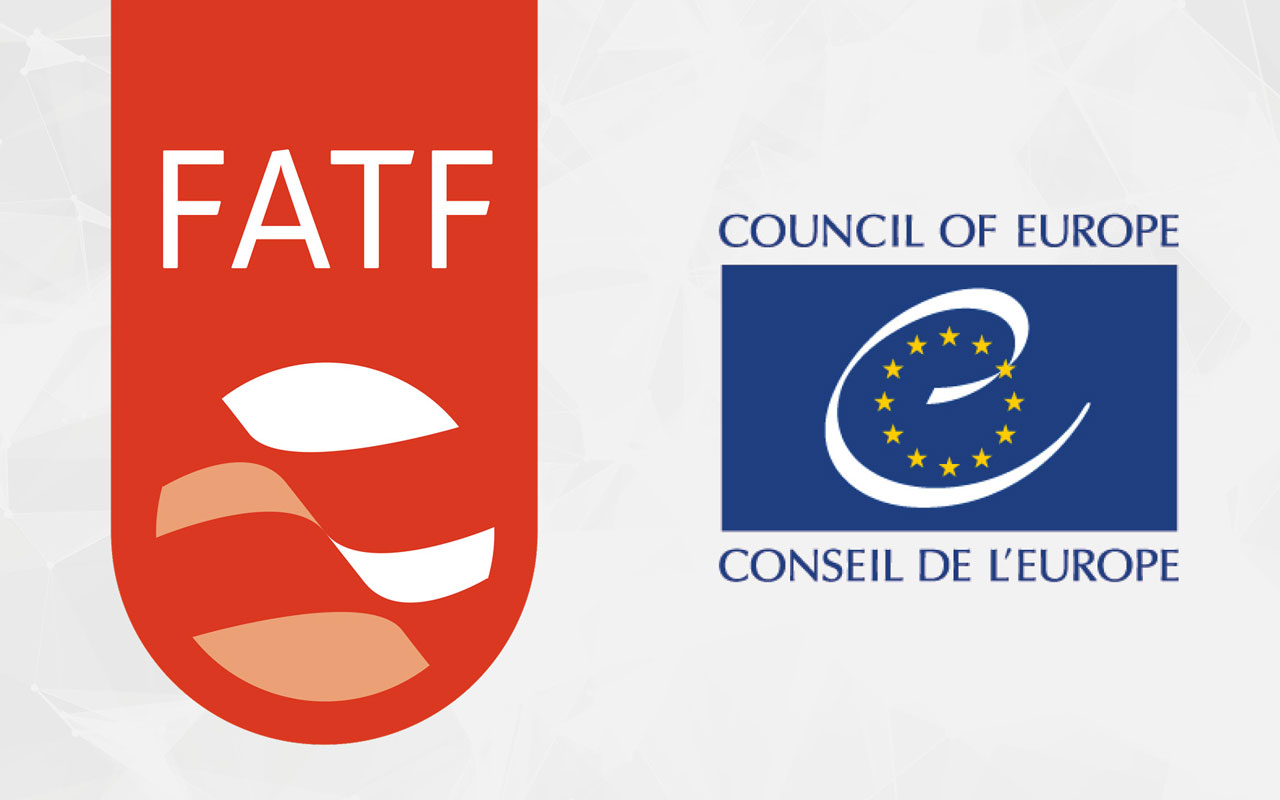
In recent weeks, there have been new reports and guidance issued by FATF and the Council of Europe which we feel is important to share with industry. These include the following items:
Best Practices on Beneficial Ownership for Legal Persons
Anonymous shell companies are one of the most widely used methods for laundering the proceeds of crime and corruption. New FATF Best Practices help countries get rid of the cloak of secrecy concerning the ultimate owner of a company, foundation, association or any other legal person, and prevent their misuse for crime and terrorism.
The Financial Action Task Force (FATF) is the global standard-setter for measures to fight money laundering and terrorist financing. In 2003, the FATF became the first international body to set global standards on beneficial ownership. It required countries to ensure that their authorities could obtain up-to-date and accurate information about the person(s) behind companies and foundations and other legal persons. The FATF further strengthened and clarified its beneficial ownership requirements in 2012.
Nevertheless, the assessments of countries actions’ in this area since then show that many countries still find it challenging to ensure transparency of ownership of legal persons. Many are not able to effectively prevent criminals and terrorists from hiding their identity and illegal activities behind the façade of seemingly legitimate activity.
The FATF has finalised best practices with examples from across the global network of FATF and FATF-Style regional bodies' members, which will help countries implement the FATF’s requirements. The report highlights that jurisdictions using a multi-pronged approach with several sources of information are often more effective in preventing the misuse of legal persons for criminal purposes.
The report identifies the most common challenges that countries face in ensuring that the beneficial owner(s) of legal persons is identified, and suggests key features of an effective system.
The paper also suggests options for jurisdictions to obtain beneficial ownership information of overseas entities.
Further information is available here: https://www.fatf-gafi.org/en/publications/methodsandtrends/documents/best-practices-beneficial-ownership-legal-persons.html
COVID-19: Money laundering and terrorism financing trends
Criminals have been exploiting the upheaval generated by the COVID-19 pandemic by adapting their modus operandi to gain additional profits from various kinds of crimes such as fraud through electronic means, the sale of counterfeit medicines and cybercrime.
In response to these threats, the global community involved in action against money laundering and the financing of terrorism, including the Council of Europe´s MONEYVAL Committee, has taken measures to identify challenges, good practices and policy responses.
As part of this effort, MONEYVAL´s Secretariat has prepared a report outlining preliminary conclusions on threats, vulnerabilities and best practices identified so far during the pandemic based on the information collected from its members. The report aims to assist policymakers, practitioners and the private sector in applying a more targeted and effective response to the emerging money laundering and terrorist financing risks in the European context.
The findings indicate that the urgent need to acquire special medical equipment and supplies seems to have created some vulnerabilities for fraud, corruption and subsequent money laundering.
Authorities in charge of supervising money laundering and terrorist financing threats have had to find innovative ways to carry out their tasks by using secure electronic means. The limits imposed to physical meetings in business relationships and the greater use of remote operations seem to have raised authorities´ concerns with regard to the full application of measures to adequately identify customers.
Some findings of the report are also relevant for the general public as a source of information against potential criminal schemes, such as phishing emails, text messages containing links to malicious websites, attachments to obtain personal payment information and social engineering.
International cooperation against money laundering and terrorist financing does not appear to have been negatively impacted by the measures against COVID-19.
Furhe information is available here: https://www.coe.int/en/web/moneyval/-/covid-19-money-laundering-and-terrorism-financing-trends